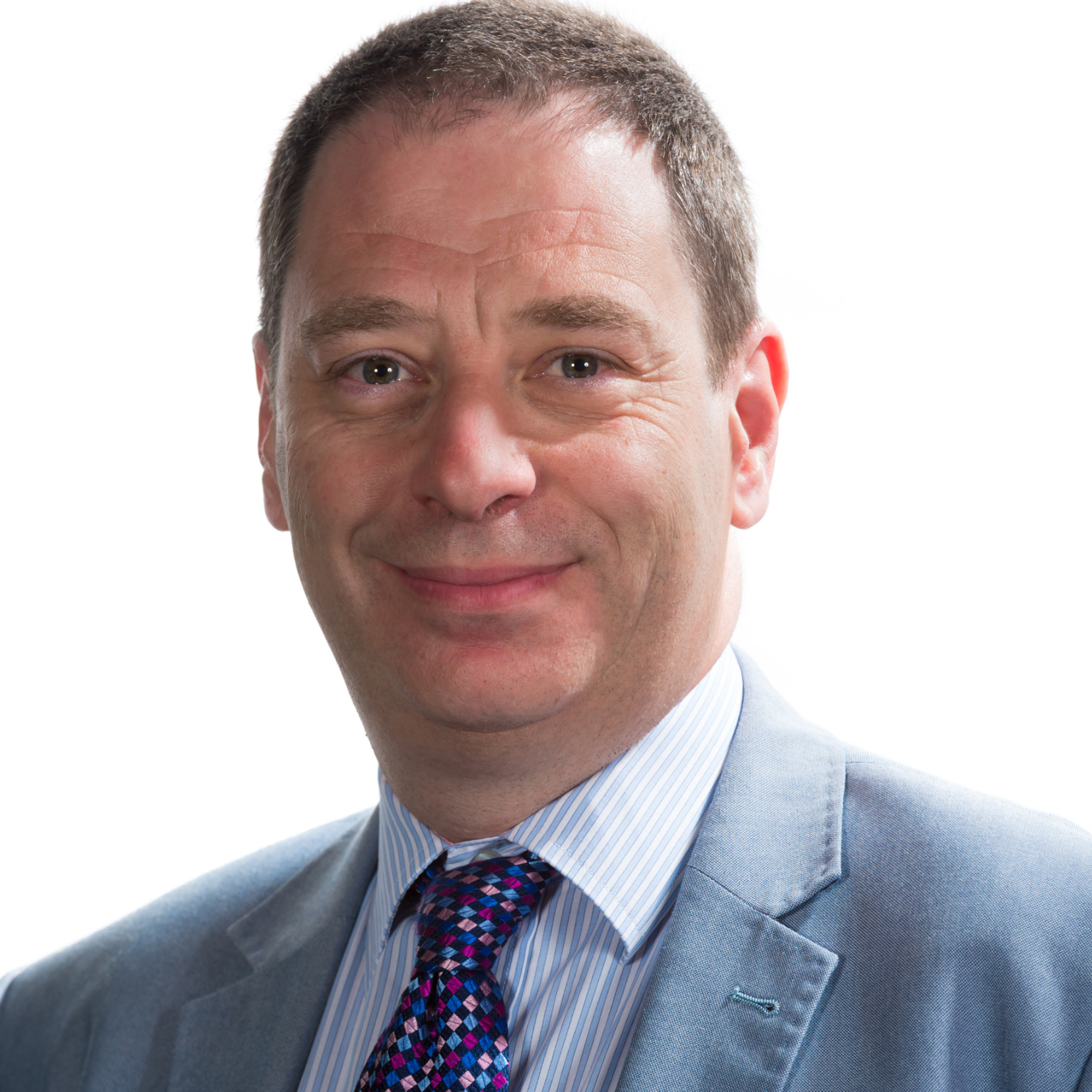Meet Ian Beales
Ian is a Clinical Associate Professor in Gastrointestinal Physiology and Pharmacology at Norwich Medica School, University of East Anglia, as well as an Honorary Consultant Gastroenterologist at Norfolk and Norwich University Hospital
What attracted you to a career in gastroenterology/hepatology?
In retrospect, I was probably always destined to end up in gastroenterology. As a student, I enjoyed nearly everything in the (traditional) course but remember enjoying the term with dissection of the abdomen and science of the gastrointestinal tract the most. Even then I was embracing the biochemistry of prostaglandins and physiology of GI secretions. Ultimately, being Parveen Kumar’s houseman, convinced me. As well as her continued exhortations about the wonders of gastroenterology, I realised for myself that the speciality offered the attraction or the interest of a wide variety of patients with different pathologies in different organs, plus with the increasing availability of endoscopy the potential to do be directly involved in the diagnostics and therapeutics
What advancement in gastroenterology/hepatology are you most excited about and why?
The advances in drug therapies for inflammatory bowel disease during my career have been profound, and completely life-changing in many cases for our patients (as well as job-changing for gastroenterologists and surgeons). We now have a portfolio of effective advanced therapies yet are still unclear on the best sequence and it seems likely we will be entering the era of combination advanced therapies. The future promises even greater and safer control of inflammatory bowel disease.
What do you enjoy most about your work?
The sheer variety of clinical gastroenterology, combined with the other aspects of my work mean that everyday is interesting and stimulating. I still regard myself as a generalist gastroenterologist, although I have special interests, and the variety of presentations and referrals, never being quite sure what the next one will be, I find endlessly enjoyable. This is coupled with teaching, training, research and assessment work as Chair of the ESEGH Examination means that I get to experience the whole spectrum of gastroenterology and interact with many interesting and stimulating individuals.
What is the one thing you would change?
Gastroenterology can be immensely fun but we cannot ignore the data showing very high rates of burnout and dissatisfaction within gastroenterologists. This needs rectifying but this will require more than just “being kind” or “building resilience.” We need to think more carefully about the systems and structures we work in and enhancing the way we work to get the best out of a highly-trained and multi-talented workforce.
What’s the best advice you’ve been given in your career?
Probably it would be “follow your own interests and explore what really stimulates you.” I have been lucky in that I have been able to work with and learn from a multitude of people and I like to think I have picked up something useful from all of them. Where I have ended up now as a clinical academic gastroenterologist/physiologist/pharmacologist, with a lot of teaching and training in my portfolio was probably not where I initially envisaged, but I have always looked for the things that have interested me the most and tried to explore those as much as possible. Although my interests have clearly changed over the years: oesophageal high-resolution manometry and checkpoint inhibitor-induced GI toxicity were not something even considered when I was first appointed as a consultant.
What does being a BSG member mean to you?
I had originally assumed that I would only have a relatively peripheral involvement in bodies like the BSG. On that I was wrong, as I have sat on 5 different committees, plus being Chair of the ESEGH examination board and being involved in the JAG-training group. The BSG most importantly has provided a source of education and standard-setting to enhance clinical care. In addition the companionship and support of fellow gastroenterologists cannot be underestimated. I have also immensely enjoyed the opportunities to get further involved in the BSG activities: meeting planning, guidelines, educational activities. Through being a BSG member, I have had the opportunity to get involved in shaping clinical care and education.
If you are a BSG member, we would love to hear your story! To participate in our 'Meet the Members' series please email the BSG Comms Team [email protected]
